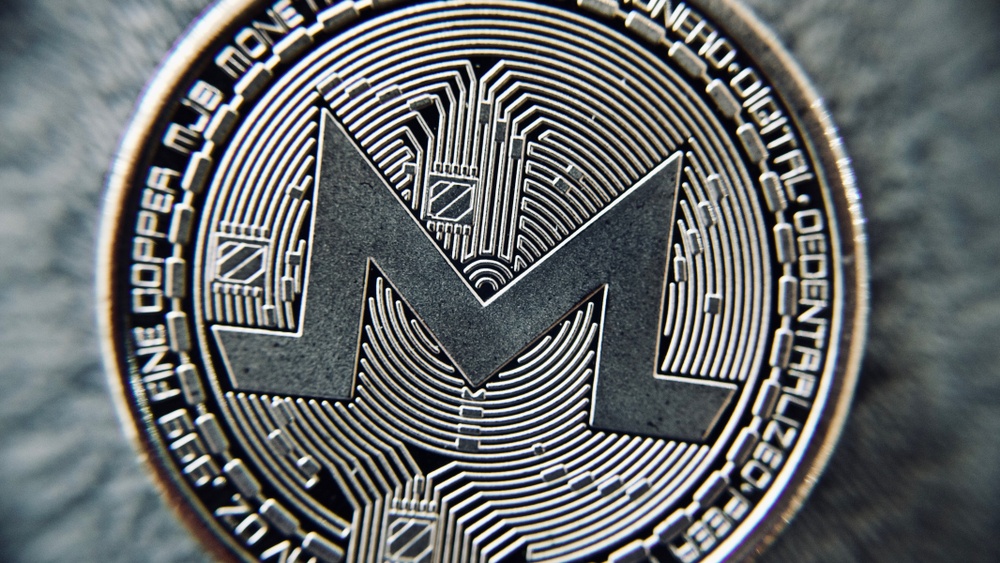Terrorists Prefer Cash Over Cryptocurrency, Even Privacy Coins: Report

The use of cryptocurrencies like bitcoin in terrorism does not pose a major risk. | Source: Shutterstock
An exhaustive report by the RAND Corporation concludes that cryptocurrency is less than ideal for terrorist organizations. Cash is still king for terrorists, for a variety of reasons, including the liquidity barriers that regulation and legalization of cryptocurrencies are presenting.
Cash Is Still King for Terrorism
The 99-page report focuses on three areas of terrorist financing: receipt, management, and spending. Only in the first category does cryptocurrency provide real benefits for terrorist organizations, as people can send money to them from anywhere in the world without limitations. However, if terrorists receive large amounts of cryptocurrency, it’s difficult to manage and use, as the report says:
Large receipted sums are difficult to manage or spend anonymously, and cryptocurrencies still require infrastructure to manage and spend.
The next line is perhaps even more heartwarming for those who want to use crypto without supporting any form of violence:
We see little current evidence of the adoption of cryptocurrencies by terrorist organizations or the motivation to do so, but that very well might change as countermeasures shut off funding and as the cryptocurrency technology changes.
Although the report makes a note of privacy coins, RAND does not believe that current crypto ecosystems provide the total anonymity required by terrorists. They write:
No cryptocurrency uniformly offers these features to terrorist organizations; in particular, security of current cryptocurrencies is probably inadequate for terrorist organization needs.
Privacy Coins Don’t Currently Suit Terrorism
While you can receive something like Monero pretty anonymously, and even spend it so, ultimately terrorists have needs that aren’t met by existing crypto ecosystems. There’s no system, for instance, which allows you to anonymously pay for propaganda, buy firearms and other weapons, purchase property, and so forth, without at some point entering the regular economy. For these purposes, especially the “scariest” of them, like buying advanced weaponry, you’re still going to need cash.

Even if we include the possibilities of the dark web, overwhelmingly infiltrated with government actors as it is, at some point delivery of goods and services must happen. So a terrorist organization could perhaps reliably raise funds through selling drugs on the dark web, or even weapons, but they’re unlikely to do so without interruption.
RAND believes the more likely use of cryptocurrency would be as a means to funnel funds to Western operatives. The report accounts for this scenario, saying:
Although terrorist use of darknet markets for acquiring weapons is a troubling possibility, it is unlikely that cryptocurrency would be used to directly purchase equipment for an attack. Instead, attackers in Western countries could convert funds in cryptocurrency accounts into fiat currencies, drawing on either funds provided by a central organization or crowdfunding, which would be a convenient way for the terrorist organization to supply funding to the attacker. Of course, many cryptocurrency exchanges are subject to banking regulations for suspicious activities, so it may still be difficult to withdraw large amounts of cash. Nonetheless, should a poorly regulated cryptocurrency emerge, it would provide an attractive avenue for terrorist organizational transactions, such as accepting donations or financing activities.
As such, terrorist organizations haven’t taken a massive interest in cryptocurrencies, although more than one rogue state has built its own blockchain as a way to thwart sanctions.
Privacy coins are private for the storage of wealth, and incredibly hard to penetrate when used correctly. But their liquidity is significantly limited by the prevalence of centralized exchanges.
The Evolution of Crypto Might Create Disturbing New Realities
As privacy coins and decentralized exchanges evolve, there might come a time that cryptocurrencies could be of some real value to terrorist operatives. At such a time, governments will have to rely on traditional methods of dealing with terrorism: traditional counterintelligence and infiltration. But at present, terrorist use of cryptocurrencies is more likely to help the government than hinder it.
RAND writes:
Our research shows that, should a single cryptocurrency emerge that provides widespread adoption, better anonymity, improved security, and that is subject to lax or inconsistent regulation, then the potential utility of this cryptocurrency, as well as the potential for its use by terrorist organizations, would increase. Even if no such currency emerges, there will be some use by terrorist groups, but the extent of that use will depend on the currency’s viability.
Perhaps one of the most exciting highlights from the early pages of the report points out that “infighting” in crypto circles has so far discouraged terrorist adoption of cryptocurrency:
In particular, factors that tend to discourage use include continued instability and infighting in the cryptocurrency community, cooperation between international law enforcement and the intelligence community, and developments in regulation and enforcement.
One thing we can extrapolate from the extensive research by RAND is that governments who drag their feet on regulation potentially provide an existential, physical risk to citizens. It seems the longer a cryptocurrency is unregulated, the more likely it is to be used for some form of violent terrorism.
Terrorism has functioned just fine in the absence of extensive usage of cryptocurrency. Central banks would probably have preferred the report conclude otherwise regarding crypto, but ultimately it is the money issued by banks themselves, and the situations created by the intersection of foreign policy and monetary policy, that foster the most terrorism.
Terrorists and money launderers still overwhelmingly prefer cash, not Bitcoin.